KUALA LUMPUR, July 28 — The ongoing tension between Thailand and Cambodia is unlikely to disrupt the supply of tuna-based pet food in Malaysia for now, although some industry players have raised concerns over rising costs and potential logistical challenges if the situation escalates.
Stanley Saw, managing director of ABCO Asia Sdn Bhd, a pet food importer and distributor of tuna products from Thailand and Japan, said the current skirmishes between the two neighbouring countries are unlikely to affect tuna supply chains, as the main fishing and farming activities are centred in the South China Sea.
“This is an isolated case, and this crisis will not help either side. Thailand has stronger control over its domain, and we do not foresee any immediate disruption,” he told Bernama.
The latest border dispute escalation between Thailand and Cambodia has raised concerns about a shortage of global canned tuna, given Thailand’s dominant position in this market.
However, Saw acknowledged that global conflicts are creating an environment of uncertainty.
“Inflation and price increases are unavoidable, and businesses must adapt.
“We need to work with reliable partners and not just hope for things to get better,” he said, adding that maintaining consumer trust through quality and branding is essential in turbulent times.
Japanese pet food brand Ciao, Inaba Foods (Malaysia) Sdn Bhd’s national sales manager Chun Wei Keong said the company’s Thai factory in Saraburi is not affected by the Thailand-Cambodia conflict, as it is located over 100km from Bangkok, and about 500km from the border near the disputed Preah Vihear Temple area.
However, he noted that while the company’s shipments from Thailand remain stable, with most transported via sea and some by direct road routes, supply could be affected if geopolitical disruptions impact frequency.
“At the moment, we have no issue with the ongoing altercations, and there has been no price increase,” he said.
Meanwhile, AP&C Sdn Bhd director, Amelisa Heng, whose company imports and distributes healthy pet treats from China to over 500 merchants nationwide, echoed similar sentiments, noting that current supplies remain unaffected due to China’s stability.
“Our only concern would be logistics if the conflict escalates and affects sea transport. Currently, we ship every month, and sometimes there are delays due to port congestion, but nothing major,” she said.
Heng added that as a relatively new player in the market since 2020, her company has been able to maintain stable prices across platforms like TikTok, Lazada, and Shopee, although some price hikes could occur at the retail level.
Penang local pet food manufacturer, Century Pet Food Industry Sdn Bhd’s business development manager (international), Bridget Foo said the company’s local sourcing strategy has insulated it from external geopolitical risks.
“Our main raw material, fish, is sourced locally, and other ingredients come from European countries like Germany and France. So far, there’s been no disruption,” she said.
Foo said that the company, which has been operating for about 13 years, benefits from full control of its production and pricing as it manufactures and distributes its in-house brand.
Thailand, long considered a regional hub for food production, especially seafood products like tuna, plays a critical role in the ASEAN supply chain for both human and pet food.
In 2023, global exports of canned tuna stood at 1.6 million tonnes, with Thailand accounting for a dominant 28 per cent.
While industry players remain optimistic for now, many emphasised the importance of contingency planning, diversification of sourcing, and maintaining strong branding to navigate any potential shocks.

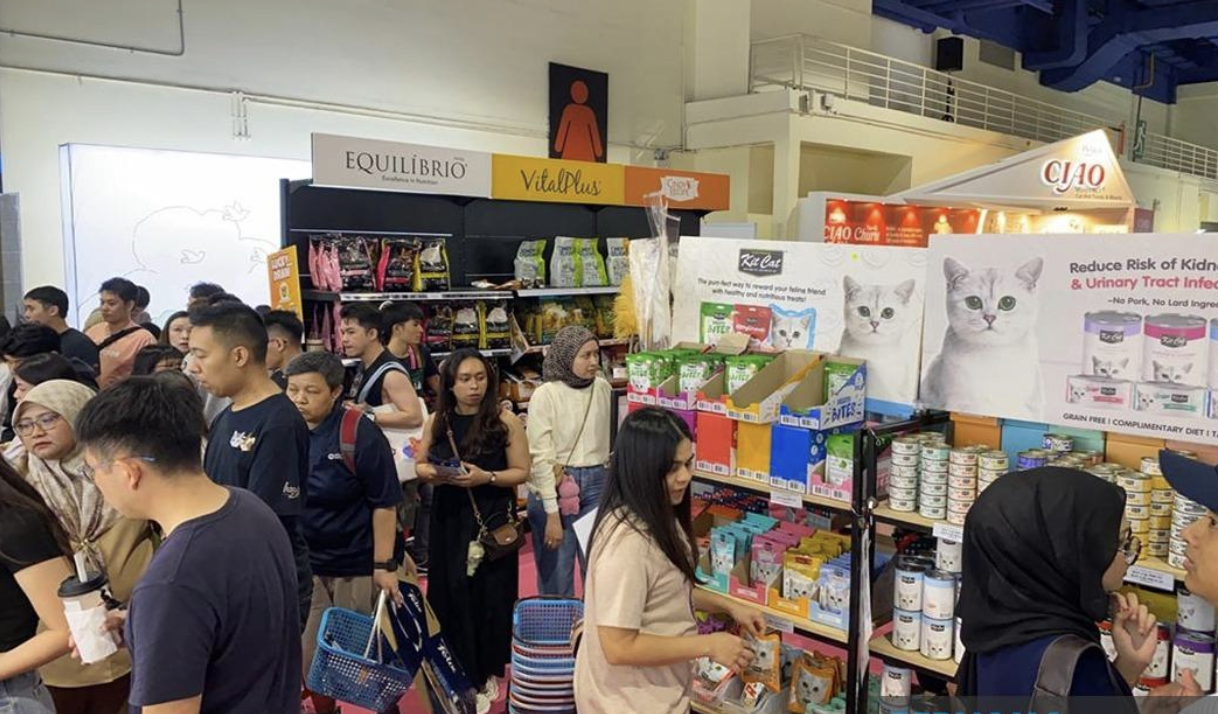




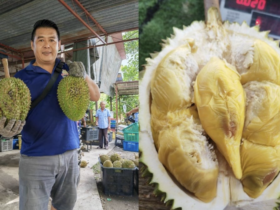




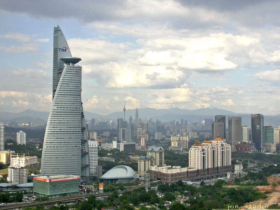

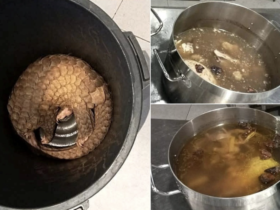
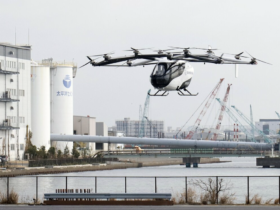

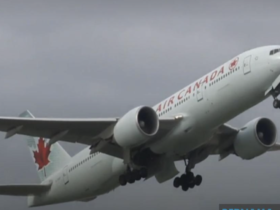
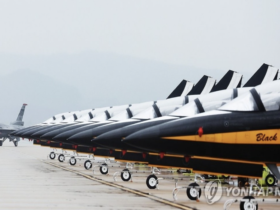

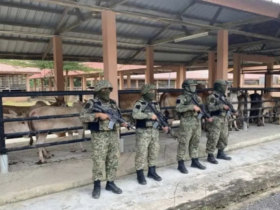

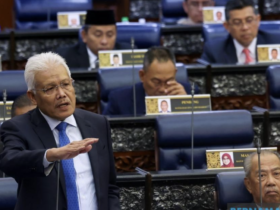
Leave a Reply